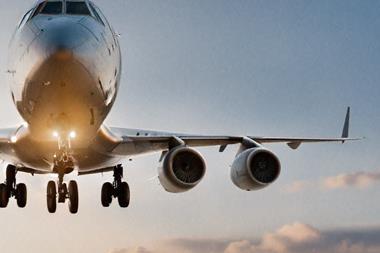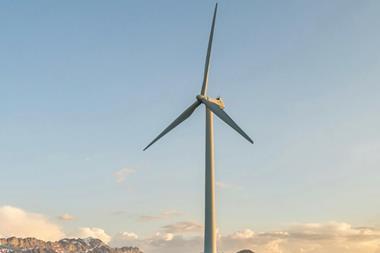European real estate funds have posted a third consecutive quarter of negative total returns, according to the latest INREV Quarterly Fund Index.
The index posted a total return of -0.97% in the first three months of 2023, following negative quarterly performances of -6.19% and -1.6% in Q4 and Q3, respectively, in 2022.
Capital growth declines of -1.47% drove the negative performance, but the pace of repricing slowed significantly from the -7.23% recorded in Q4 2022.
UK real estate, which has corrected more than other European markets, having fallen by 19% of market value in the second half of 2022, saw a slowdown in repricing in Q1 at -1.11% and a near-flat total return of -0.02%, according to the INREV Quarterly Asset Level Index.
Despite this, INREV warned it was too early to call the bottom of the cycle for the UK, especially given the flat economic outlook and with Q1 2023 GDP growth below pre-pandemic levels.
Pricing across continental Europe continued to correct, with all major markets reporting negative Q1 2023 asset-level performance, driven by further capital growth declines.
The Netherlands recorded the weakest performance for the second consecutive quarter, posting a total return of -3.62%, which marked a slight improvement from the -5.36% posted in Q4 2022.
French assets delivered a total return of -1.55%, up from the -4.19% recorded in the fourth quarter, with a quarter-on-quarter increase of 264bps.
Germany reported a modest increase from -4.06% in the previous quarter to -1.13% in Q1 2023, with a quarter-on-quarter increase of 293bps.
Offices recorded the weakest performance across most markets in Q1 2023, including in the UK where the sector returned -1.74%.
INREV said there was a notable dispersion in office performance is notable, with Q1 2023 returns for the sector ranging from 4.44% for the 90% percentile to -7.69% in the 10th percentile.
“This bifurcation demonstrates varying degrees of risk and the growing gap in performance between environmentally efficient grade-A properties and secondary assets in danger of becoming obsolete if capital expenditure is not put into place to help them become more carbon neutral,” the association said.
UK retail assets made a substantial recovery with a total return of 1.21%. INREV said this was not surprising, coming off the back of 12 consecutive quarters of correction between Q2 2018 and Q1 2021.
On the continent, the retail sector’s performance was mixed, with French and German assets posting negative performances of -1.79% and -0.34%, respectively.
INREV said industrial and logistics assets showed tentative signs of recovery, underpinned by strong fundamentals, and following a sharp price correction during the second half of 2022.
Pan-European industrial and logistics assets bounced back to -0.93% from their record low of -11.26% in Q4 2022, while UK industrial and logistics asset-level returns moved back into positive territory, at 0.47%.
Iryna Pylypchuk, INREV’s director of research and market, said: “The latest results show an ongoing correction, albeit a notable improvement on the Q4 2022 results. However, this should be taken with a pinch of salt given a very sleepy transactional market, as well as seasonal and valuation effects.
“Only once there is more transactional evidence can we speak with more certainty on the state of the market. The pricing discovery continues alongside geopolitical instability and broader financial and economic risks, which make it even more difficult to foresee the depth and duration of the current correction.
“If the global financial crisis is a reference to judge by, we may expect a few quarters of temporary lull before further corrections take place.”
To read the latest edition of the latest IPE Real Assets magazine click here.


















